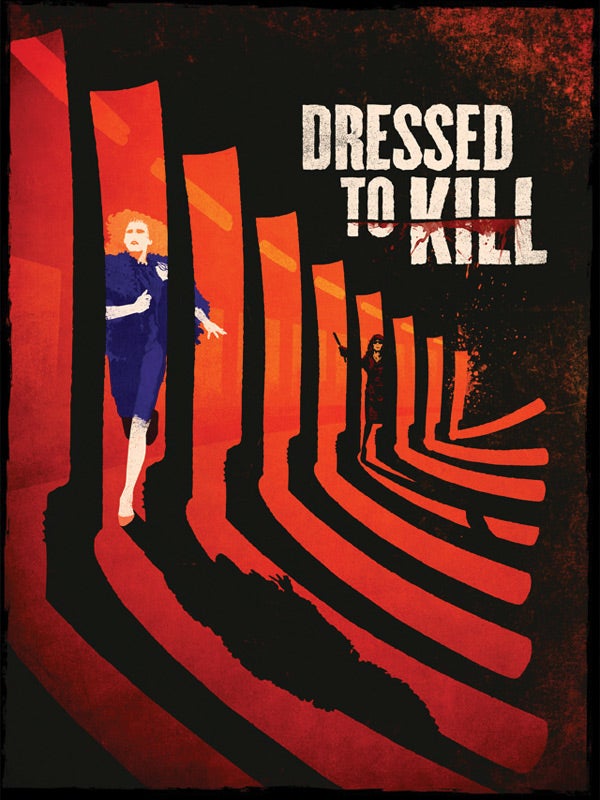The Relevance of the Irrelevant: Ad Hominem Politics
The rhetoric coming out of this winter’s campaign season has been a playground for my argumentation classes. Political discourse offers some of the best opportunities for studying things like how arguers tailor their arguments to specific audiences, whether sympathetic or hostile; how they employ Aristotle’s famous appeals to ethos, pathos, and logos; and especially how they repeatedly commit brazen rhetorical fallacies.
The Relevance of the Irrelevant: Ad Hominem Politics Read More »
The rhetoric coming out of this winter’s campaign season has been a playground for my argumentation classes. Political discourse offers some of the best opportunities for studying things like how arguers tailor their arguments to specific audiences, whether sympathetic or hostile; how they employ Aristotle’s famous appeals to ethos, pathos, and logos; and especially how they repeatedly commit brazen rhetorical fallacies.








